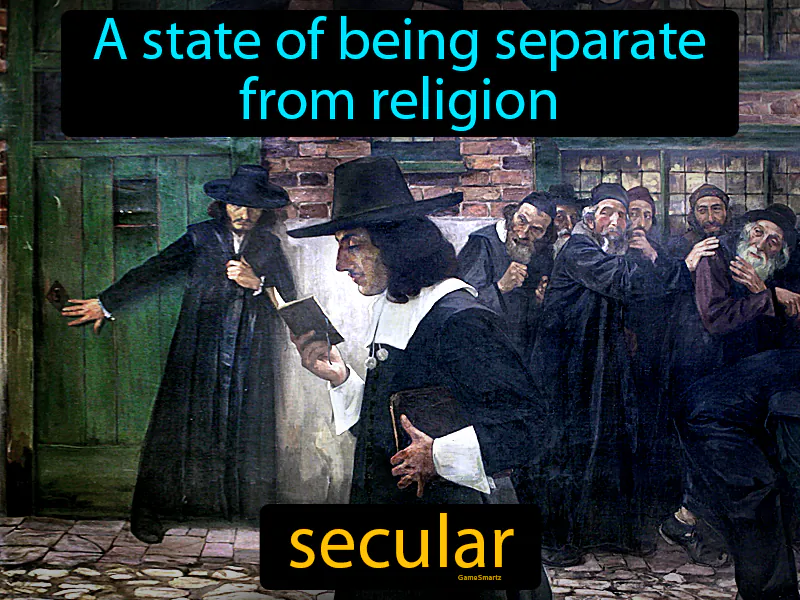Secular
Secular: Easy to understand
During the Rise of Europe between 500-1300, secularism began to emerge as a way to separate government and societal functions from the powerful influence of the Church. This was important because it responded to problems of religious authority dominating political decisions and everyday life. Secular ideas allowed for the growth of independent thinking and the development of science and education outside of religious control. Today, secularism continues to matter as it ensures that people of different beliefs can coexist peacefully and that government policies remain fair and unbiased. For example, in schools, a secular approach allows students from diverse backgrounds to learn together without religious bias, promoting inclusivity and respect for all beliefs.

Practice Version

Secular: A state of being separate from religion. secular. In history, secular refers to the separation of government and institutions from religious influence.